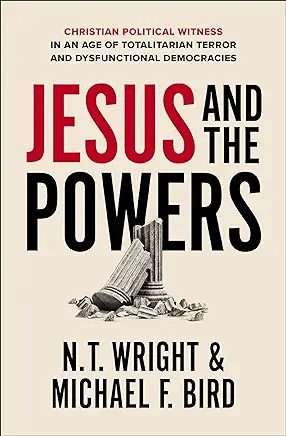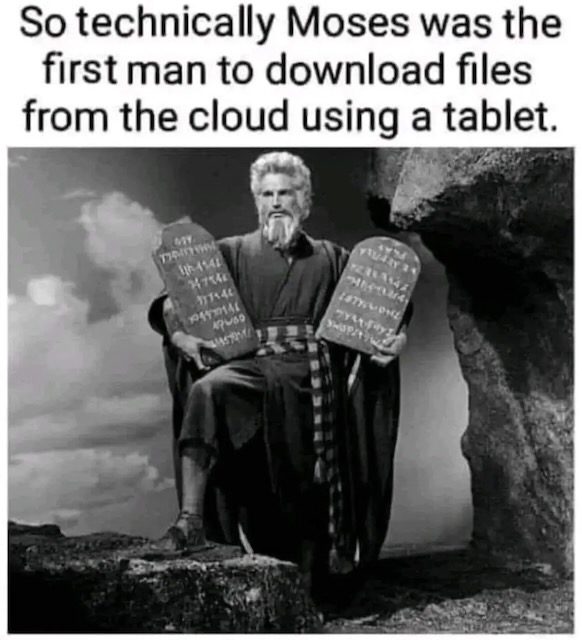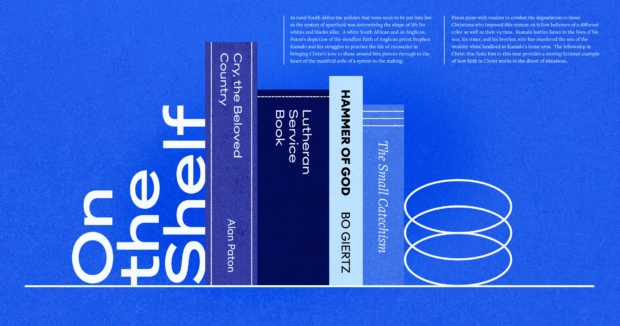Q. The phrase building for the kingdom comes up quite a lot in this short book. Explain what that means to you, and how it would differ from what the phrase building the kingdom itself would mean. The dominion of God seems to have both a present and a future sense to it— now referring to the divine saving activity and its effects on human beings who submit to the lordship of Christ, but later refer to the dominion as it comes on earth. I quite agree that the church is not the dominion of God, nor is Israel. But where can people see the dominion as it is coming here and now, if not in the church? But also in the conversions and revivals which take place outside of the body of Christ itself. How would you view this?
A. Yes, the “kingdom” is very much present and future, something that breaks in through Jesus, his Spirit-driven miracles, his death and resurrection, then in the bestowal of the Holy Spirit, and in the calling of the church to be the vanguard of a renewed Israel. Yet the kingdom, as the redemption and renewal of the world, remains future, nobody is living in the New Jerusalem just yet, but the kingdom still does in a sense probe into the present. When people are redeemed, when their sins are forgiven, when institutions are returned to their God-given purpose (even government), when justice is administered, when the blind see and the lame walk, there you see the shards of light of the great sun of the kingdom shining through.
[N.B. I would not agree that the church is the vanguard of a renewed Israel. It is the ‘assembly of God made up of Jews and Gentiles’. Israel, clearly enough in Rom. 9-11 refers to non-Christian Jews, perhaps primarily those who have rejected or not responded to the Gospel. The renewal of Israel only comes when Christ returns and turns away the impiety of Jacob, and ‘all Israel is saved’ as Rom. 11 makes clear]










 English (US) ·
English (US) ·